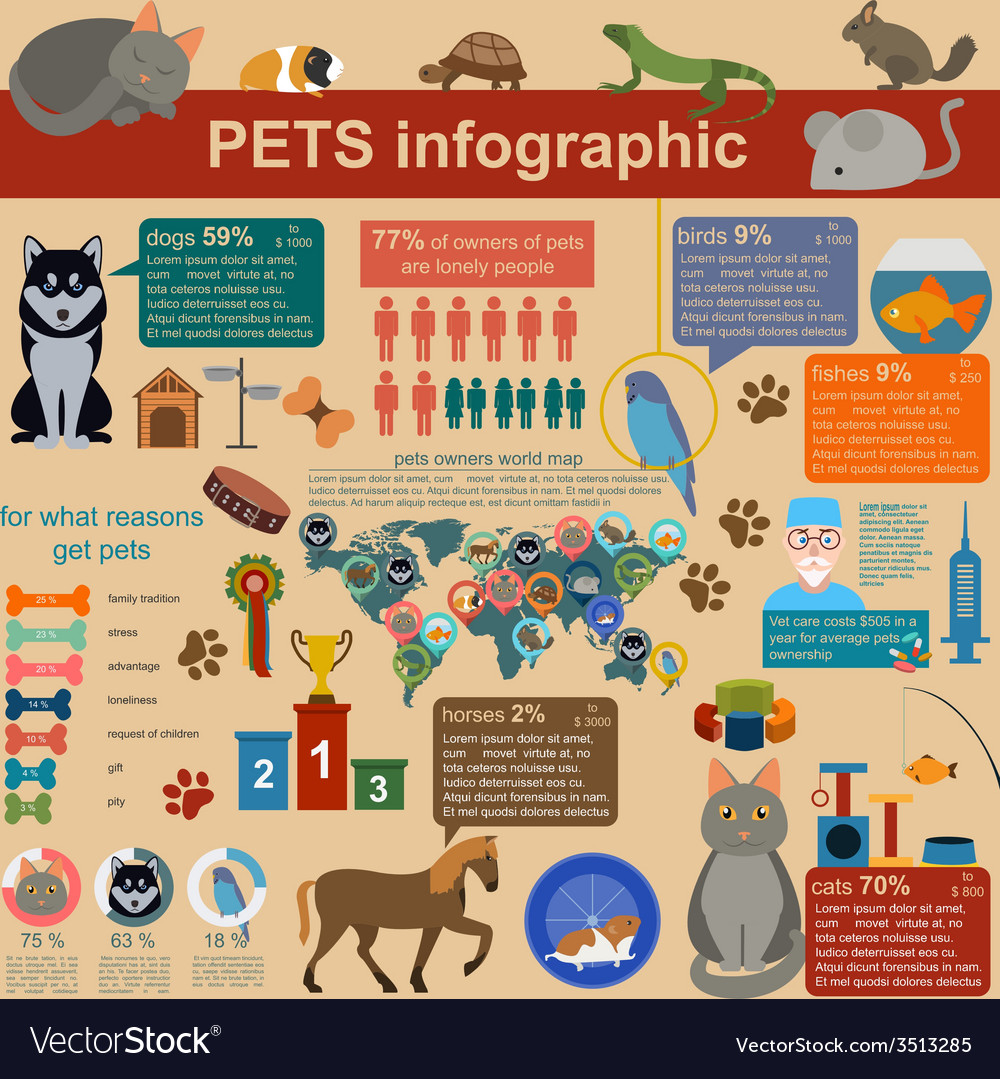What Vaccinations Are Needed For Pet Dog Childcare?
Whether your pet dogs hang around at childcare or boarding centers, they require to be up-to-date on all of their required inoculations. Core vaccines include Bordetella, rabies and DA2PP, which guard against typical illness that canines are subjected to when in close contact with others.
Non-core vaccinations consist of canine flu and leptospirosis shots. These are suggested for pups that mingle with various other pets often.
Core Injections
As an important part of precautionary care, dog vaccinations assist keep dogs safe from transmittable illness transferred through straight call or polluted surfaces. Vaccines boost the body immune system to create antibodies that fight condition, and a lot of vets consider core dog vaccinations to be vital for all animals.
Rabies
Most reliable dog childcare facilities require that your pet dog be up to date on their rabies inoculation. Vaccinations are administered to young puppies as early as 12-16 weeks old, and boosters are required every 3 years or so till their adult years. Rabies is a fatal viral condition that spreads via saliva, normally from bites. The majority of states need rabies vaccinations for all pets and felines, and some also mandate rabies boosters for family pet owners.
Distemper/Parvovirus/Adenovirus (DHPP).
This mix vaccine covers canine distemper, parvovirus, liver disease, and adenovirus, all of which are very infectious. Most vet offices use DHPP vaccines as one shot or in a collection of two to 4 shots, given 2-4 weeks apart, adhered to by an annual booster. This vaccination is a demand for the majority of boarding and doggy childcare facilities, along with numerous groomers.
Bordetella/Canine Parainfluenza Vaccination.
Bordetella bronchiseptica, frequently known as kennel cough, is a really infectious respiratory infection caused by the bacteria that triggers the condition. Symptoms consist of persistent coughing, sneezing, nasal discharge, and high temperature. Most kennel cough episodes occur in jampacked environments, such as day care or boarding centers, and are particularly usual in warmer weather. This injection is a requirement for many childcare and boarding facilities, and is commonly offered in a mix with the DHPP vaccination.
Leptospirosis Vaccine.
This is a microbial condition that spreads with infected water, soil, and pee. Infection can create kidney and liver damage, in addition to fatality, and is transmissible to humans. Many veterinarians will certainly recommend this injection, based upon geographic location and way of life of the pet, for pets that spend time outdoors or at boarding facilities, along with some groomers. This vaccination is usually provided as a collection of 2 to four shots, spaced 2-4 weeks apart, with an annual booster needed for the majority of pets.
Lyme Illness Injection.
One of the most common dog daycare near me tick-borne illness in the USA, Lyme disease is transmitted by the deer tick and can lead to high temperature, joint discomfort, muscular tissue soreness, and loss of appetite. The Lyme illness vaccination shields against the most common stress of the infection, consisting of the H3N8 and H3N2 pressures. Most veterinary clinics suggest this injection, specifically in risky locations, such as the Northeast, top Midwest, Mid-Atlantic, and along the Pacific coast.
Noncore Vaccines.
Other dog injections, while not required for all family pets, are advised based upon the pet's way of living and geographical location. These include the following:.

Comments on “Differences Between Boarding And Day Care”